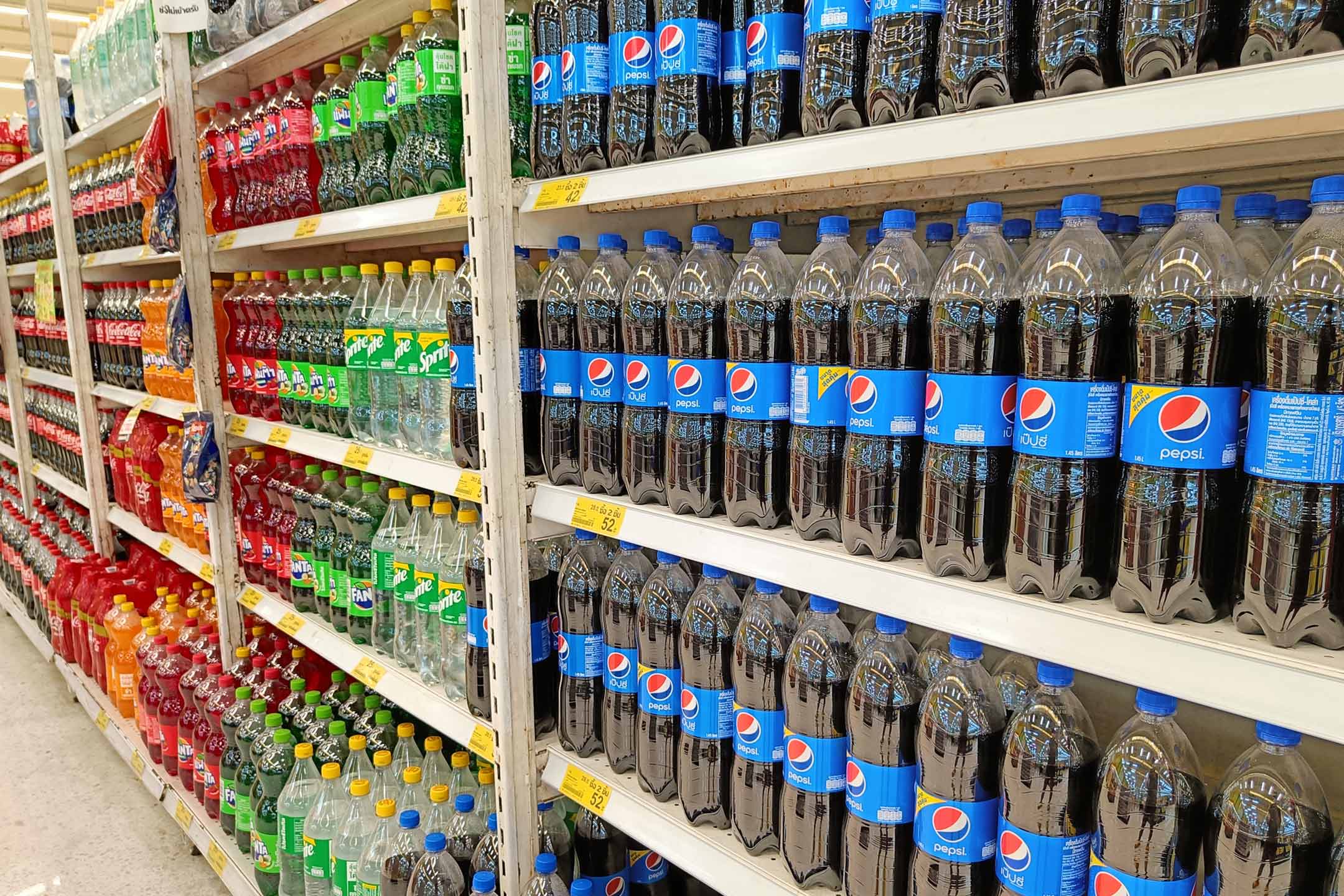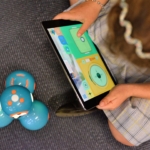
05 Jun Why Parents Are Backing a Crackdown on Sneaky Sweet Beverages
The truth about sugary drinks: new research finds most Australians — especially parents — are ready for stronger action to protect kids from sugary drinks
Parents across Australia are fed up with confusing labels, sneaky marketing, and sugary drinks dressed up as “healthy” options — and new research shows they’re ready for the government to step in.
A national survey of more than 2,800 Australians, published this week in the Australian and New Zealand Journal of Public Health, reveals overwhelming support for tougher measures to reduce the consumption of sugary and artificially sweetened drinks, especially among families concerned about rising rates of obesity.
Among the key findings:
-
83% of Australians support clearer labelling to show when drinks contain added sugar.
-
73% back a ban on sugary drink marketing aimed at children.
-
More than half (56%) say it’s time to introduce a health levy on sugary drinks — similar to tobacco-style taxes.
And it’s not just fizzy soft drinks under fire. Diet and “zero sugar” beverages, as well as 100% fruit juice, are also being called out for their high sugar content and misleading health claims.
Professor Caroline Miller, lead author of the study and Director of the Health Policy Centre at SAHMRI, says these drinks are playing a major role in Australia’s growing health crisis.
“Sugary drinks are a major contributor to obesity, which has now overtaken smoking as Australia’s biggest cause of preventable disease,” Prof Miller said. “Two-thirds of adults and one in four children are affected — this is not just a personal health issue, it’s a public one.”
Parents, especially, are growing weary of marketing that targets children with colourful packaging, cartoon mascots, and misleading claims like “all natural” or “no added sugar” — despite these drinks still delivering high amounts of sugar or artificial sweeteners.
Adjunct Professor Terry Slevin, CEO of the Public Health Association of Australia, says Australians are ready for action — and the government already has a roadmap.
“People are clearly calling for change,” he said. “The Diabetes Inquiry, the National Preventive Health Strategy, and the National Obesity Strategy all outline what needs to be done — now it’s about doing it.”
A sugar-coated problem in disguise
Interestingly, the survey revealed that while Australians want better labelling for diet drinks and 100% fruit juice, there was less support for taxing these products, suggesting many still see them as “healthy” options.
Prof Miller says this is a worrying misconception.
“We’ve been sold the idea that ‘diet’ or ‘natural’ means healthy, but in reality, these drinks can still harm health when consumed regularly,” she said. “Even 100% fruit juice can contain as much sugar as a soft drink.”
She says improved labelling is a vital first step in helping families make truly informed choices.
What does this mean for parents?
If you’ve ever felt confused in the drinks aisle, you’re not alone. Between marketing buzzwords, cartoon branding, and conflicting health messages, it’s tough to know what’s really in your child’s drink bottle.
This latest research sends a strong message: Australians—especially families—want honesty, accountability, and government action. Whether that means banning junk drink ads aimed at kids, adding warning labels, or applying a sugar tax, the public is ready.
And as more parents demand change, experts hope the government will follow suit — and finally give Australia’s kids a healthier start.
Australian and New Zealand Journal of Public Health is the source of the research.




